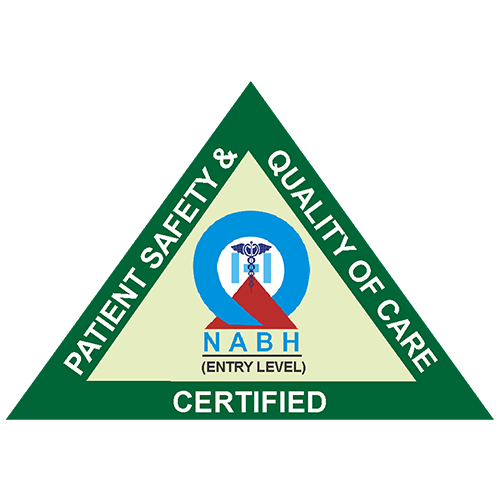As people age, their bodies undergo a series of changes, which can lead to various health problems. One of the most common issues that older adults face is urinary problems. Urinary problems can affect both men and women and can range from mild to severe. In this blog, we will discuss the common urinary problems in the elderly, their causes, symptoms, diagnosis, and treatment.
Introduction:
Urinary problems refer to any issue related to the urinary system, which includes the kidneys, ureters, bladder, and urethra. As people age, the muscles and tissues in the urinary system can weaken, making it more difficult to control urine flow. This can result in a range of urinary problems, from urinary incontinence to urinary tract infections.
Causes:
The causes of urinary problems in the elderly can vary, but some of the most common factors include:
- Weakness of pelvic muscles.
- Enlarged prostate gland in men.
- Neurological disorders such as Parkinson’s disease or multiple sclerosis.
- Chronic diseases such as diabetes or kidney disease.
- Medications that affect bladder function.
Symptoms:
The symptoms of urinary problems in the elderly can also vary depending on the underlying cause. Some of the most common symptoms include:
- Frequent urination.
- Urgency to urinate.
- Pain or burning during urination.
- Blood in urine.
- Difficulty starting or stopping urine flow.
- Weak urine stream.
Diagnosis:
If an elderly person is experiencing urinary problems, it is important to seek medical attention. The doctor may perform a physical exam, review the person’s medical history, and order tests to determine the underlying cause of the symptoms. Some of the common diagnostic tests include:
- Urine analysis.
- Blood tests to check kidney function.
- Imaging tests such as an ultrasound or CT scan.
- Urodynamic testing to evaluate bladder function.
Treatment:
The treatment of urinary problems in the elderly depends on the underlying cause of the symptoms. Here are some of the common treatment options:
- Medications – Depending on the cause of the urinary problem, medications may be prescribed to relax the bladder muscles, reduce inflammation, or treat infections.
- Behavioral interventions – Simple changes in behavior can sometimes help manage urinary problems in the elderly. This includes timed voiding, where the person tries to urinate at set times during the day to prevent accidents, and fluid management, which involves reducing the amount of fluids consumed in the evening to prevent nighttime urination.
- Surgery – In some cases, surgery may be necessary to correct an underlying issue such as an enlarged prostate gland or a bladder prolapse.
- Pelvic floor exercises – Pelvic floor exercises, also known as Kegels, can help strengthen the muscles that control urination.
- Catheterization – In cases where urinary incontinence is severe, catheterization may be necessary to manage urine flow.
Preventive Measures:
- Stay hydrated – Drinking plenty of water and fluids can help keep the bladder healthy and reduce the risk of urinary tract infections.
- Exercise regularly – Regular exercise can help strengthen the pelvic floor muscles, which can improve bladder control and reduce the risk of urinary incontinence.
- Maintain a healthy weight – Obesity and excess weight can put pressure on the bladder and contribute to urinary problems. Maintaining a healthy weight can help reduce the risk of urinary problems.
- Avoid irritants – Avoiding bladder irritants such as caffeine, alcohol, and spicy foods can help reduce the risk of urinary problems.
- Practice good hygiene – Proper hygiene, including wiping front to back after using the toilet, can help prevent urinary tract infections.
- Manage chronic conditions – Managing chronic conditions such as diabetes, high blood pressure, and kidney disease can help reduce the risk of urinary problems in elderly.
Conclusion:
Urinary problems are a common issue for elderly individuals, but preventive measures can help reduce the risk of these problems. Staying hydrated, exercising regularly, maintaining a healthy weight, avoiding bladder irritants, practicing good hygiene, and managing chronic conditions can all help reduce the risk of urinary problems.
If an elderly individual is experiencing urinary problems, it is important to seek medical attention to get an accurate diagnosis and proper treatment. With the right diagnosis and treatment, it is possible to manage urinary problems and maintain good bladder health. By incorporating preventive measures and seeking medical attention when needed, elderly individuals can improve their quality of life and reduce the impact of urinary problems on their daily lives.




